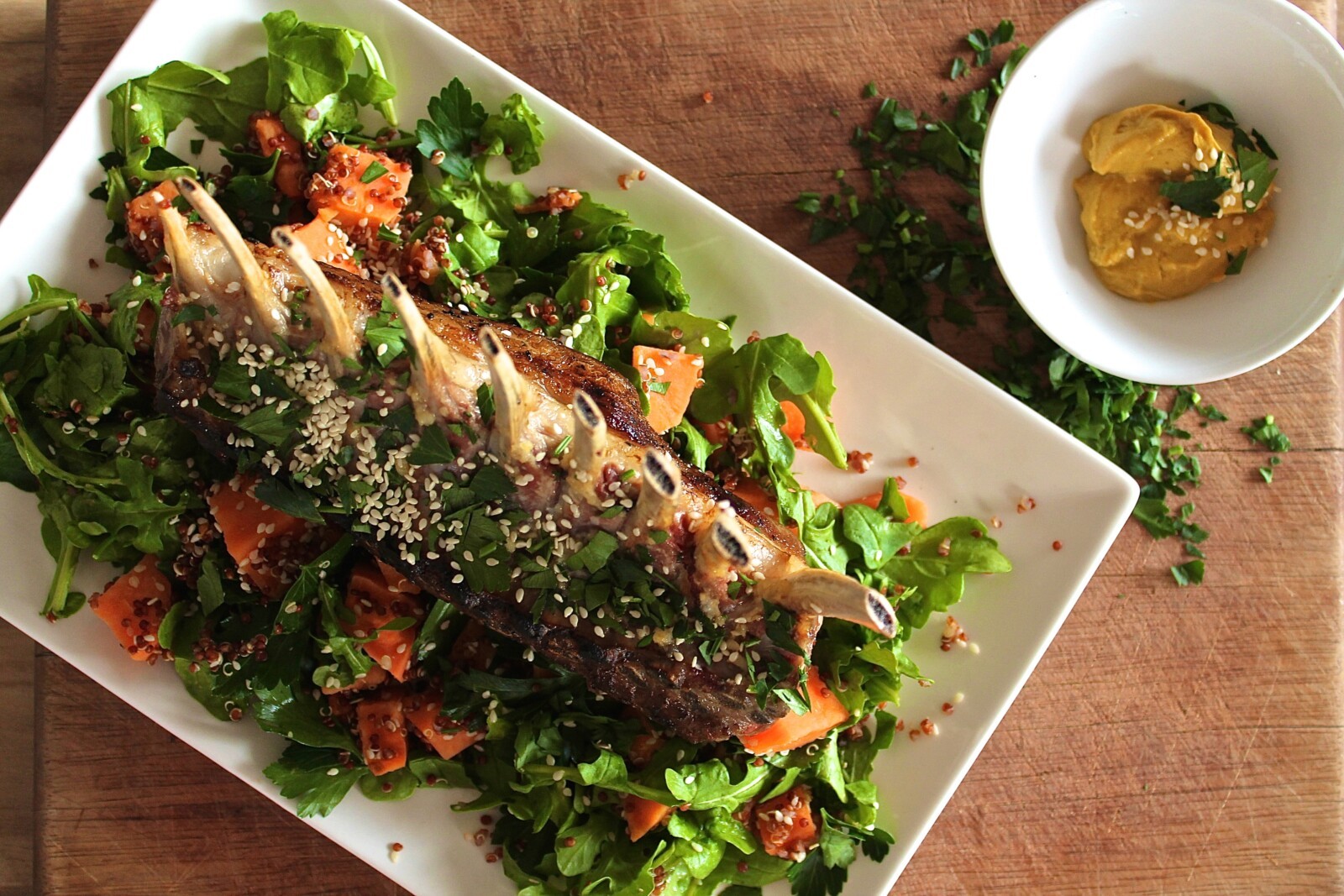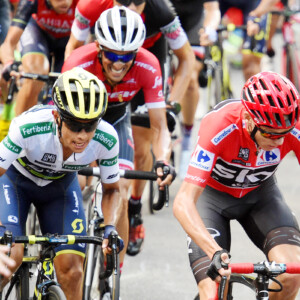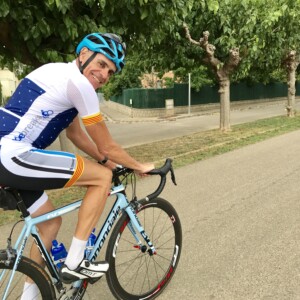Preparing for a big ride, either a 100km loop this weekend or major event such as next month’s Bowral Classic? Food, or more pointedly nutrition, is a major condsideration and the main hinge factor affecting the outcome of your ride.
The key to fuelling success for events that last many hours is simply planning well in advance and trialing all nutrition techniques in training so that you can begin each of your longer rides knowing exactly what to eat. A critical factor is knowing when to eat – this will ensure your body reacts accordingly and will ultimately affect your performance.
Preparation starts the night before
The good news is that for longer rides, nutrition preparation can begin the day before. As the body stores adequate carbohydrate in the liver and the muscles for approximately 90mins to 2 hours of intense physical activity, for any events longer than this, the body will benefit from consuming extra carbohydrate leading up to an event or long training session to ensure the muscles are optimally fuelled.
This means that you can freely indulge in a high carb meal such as pasta, noodles or even thin based pizza the night before a big ride. Another trick is to add in 500-1000ml of 100% fruit juice which will help to boost up your carb intake without leaving you feeling bloated or uncomfortable.
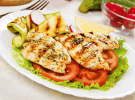
If you start your ride without a small amount of fuel on board you risk utilising your carbohydrate reserves quickly and risk hitting the wall earlier. If you have prepared well the night before, you do not necessarily need to down a huge meal but a small 20-30g serve of carbohydrates as well as 10-20g of protein will ensure you restore liver glycogen levels after the overnight fast, and will be able to ride 40-60 minutes before needing to refuel again.
Good quick and easy meal options that tick these nutrient boxes include Greek style yoghurt with fruit; a couple of breakfast cereal biscuits, a couple of slices of toast with peanut butter or a scoop of protein powder with skim milk.

During the ride
Caloric and hence carbohydrate requirements during a long ride or event differ widely based on an athlete’s lean tissue mass, body size, gender and age. Generally speaking, caloric requirements are based an estimate of total carbohydrate quantities required by the muscles for certain workloads.
On average, a trained male will need a gram of carbohydrate per kilogram of body weight per hour during an intense training ride or event. For a 4-5 hour ride this may equate to as much as 300-400g of total carbohydrate.
During the first 2/3 -3/4 of any ride lasting longer than three hours, cyclists are likely to benefit from combining more slowly digested, low GI carbohydrates with moderate amounts of protein (5-10g) to help regulate energy levels, insulin release and support stomach comfort throughout the ride.
Timing is important
While calculating absolute fuel and carbohydrate requirements is important during a longer ride, more importantly is consuming these carbs and calories in the right way as to maintain digestive comfort. Small, but regular feeding will help to regulate glucose levels and also keep the amount of insulin being released controlled which will help to regulate digestion and help to prevent stomach discomfort.
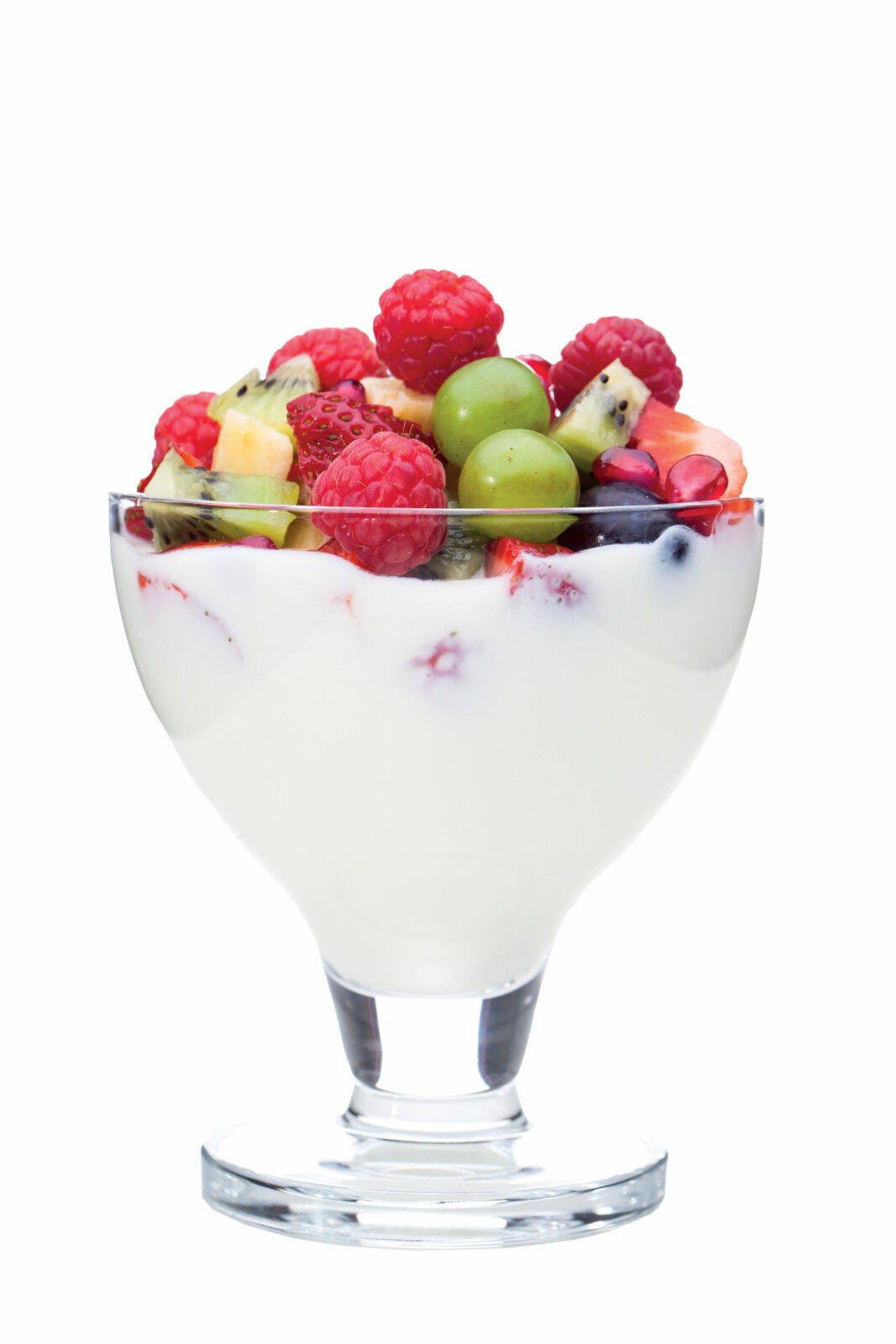
As a general rule of thumb, try equal amounts of 20g of carbohydrates and 5g of protein every 20-30 minutes which equates to ¼ – ½ of a white or wholemeal bread sandwich with peanut butter, ¼ – 1/3 of a performance bar or a few sips of a protein containing fluid such as Up & Go or Optimiser.
As the last ¼ or 1-2 hours of the ride is in sight, this is the time that you can begin to shift your fuel source towards more quickly digested carbohydrates such as carbohydrate gels, sugar based sports drinks, energy bars, flat soft drink or bite size chocolate bars such as Mars Bars. Such foods will give your body the hit of glucose it needs to get you over the line, without putting undue pressure on your gut.
What should I be drinking?
The range of different temperatures that cyclists are exposed to will influence the quantity of fluids required in any long ride. Getting your hydration balance right is just as important as getting your fuel systems right during a race, simply as it is possible to over drink as it is to under drink. Drinking too much fluid can put pressure on your gut leading to stomach upsets while dehydration can lead to cramping, fatigue and ultimately be a factor that can stop you finishing a ride.
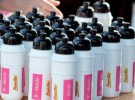
Similar to the way that you need feed with small amounts of fuel regularly throughout a race, so too is the way you should hydrate during a race. The average athlete will require between 600-1000ml of fluid per hour of racing and to achieve this you are best to sip on a mix of both water and sports drink throughout the entirety of the race, rather than gulping large amounts of fluid once you are already dehydrated.
As your fuel requirements should be satisfied via your food choices for at least the first ¾ of the race, alternating water with sports drink is a good option, rather than relying on sports drinks alone and if you do find that you dehydrate easily, simply add an electrolyte solution such as Hydralyte to your water bottle. This way you get the benefits of the mineral salts to aid hydration without the extra sugar that comes from constantly sipping on sports drinks.
